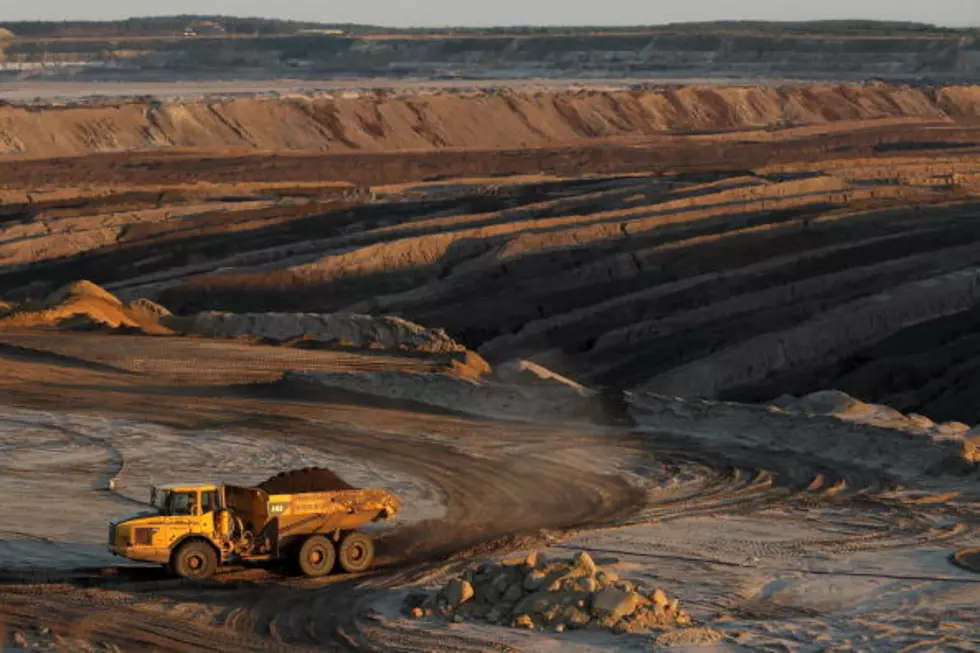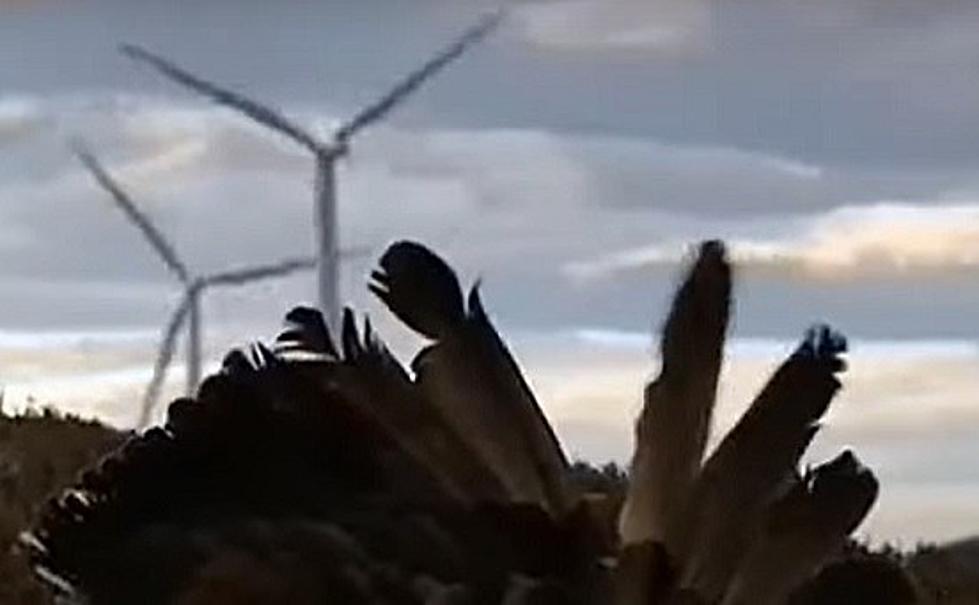
Wyoming Coal Industry Battles an Activist Judge’s Ruling
It's hard enough for the coal industry to stay in business when they have to deal with the endless, frivolous, lawsuits from environmental activist law firms.
Then there are the environmental activists who work for the Environmental Protection Agency and Bureau of Land Management. They use their position, overstepping their bounds, to push their agenda.
The third leg of that tripod is activist judges.
A federal judge in Montana has issued two more decisions this month that threaten the future of federal coal leasing in the Powder River Basin.
U.S. District Judge Brian Morris ordered the Bureau of Land Management to revise two resource management plans to more fully analyze the climate and human health implications of leasing federal coal, oil and natural gas in the Powder River Basin in Wyoming and Montana. The RMP revisions, administered by BLM field offices in Buffalo and in Miles City, Montana, are due by Aug. 3, 2023, according to the order. (WyoFile).
This is not the first time the judge has issued such a ruling. We are dealing with an activist judge who has an agenda and will use his power to see it through.
This same federal judge, a President Barack Obama appointee, also issued a summary judgment this month to reinstate an Obama-era leasing moratorium for all federal coal reserves in the U.S. until the BLM revamps the program to make climate and public health among priority considerations in leasing decisions. (WyoFile).
In Wyoming, the judge has received pushback. The state stepped in to halt the BLM in both cases.
Gov. Mark Gordon spoke up and criticized the judge.
'This decision is bad for Wyoming,' Gordon continued in a press statement. 'It hurts our country’s ability to provide reliable, low-cost energy to Americans and hinders the abilities of companies to plan and invest in new technologies like carbon capture and utilization.'
The National Mining Association and other coal backers are challenging the ruling.
That means that this fight is nowhere near over yet.
But it does not help the struggling coal industry to continually have to fight these battles.
Inside The Cars At The Douglas Wyoming Train Museum
The White Wolf Saloon, Douglas Wyoming
More From Wake Up Wyoming









